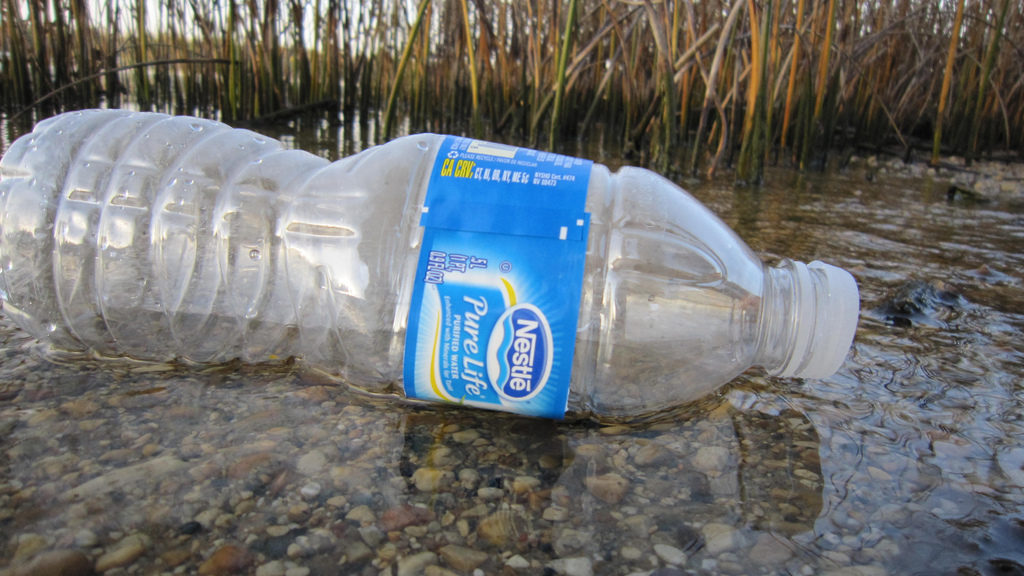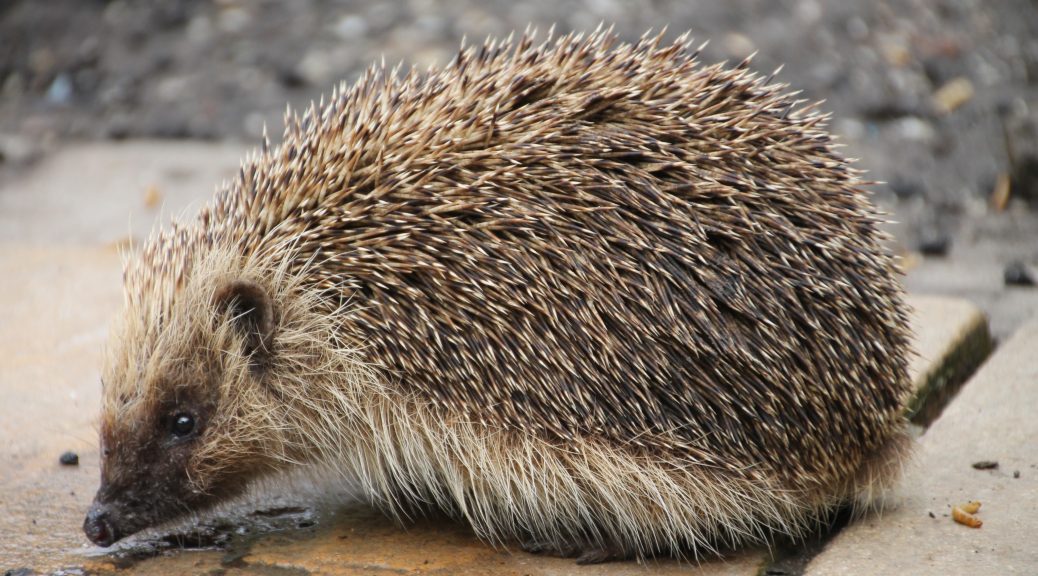A BBC Wales News story tells how a deadly fungus is spreading “more quickly and lethally” through the UK’s ash trees than experts had anticipated.
Millions of diseased trees near buildings, roads and railways will have to be cut down.
A recent survey – which split the UK into 10km grid squares – found infections had been confirmed across 80% of Wales, 68% of England, 32% of Northern Ireland and 20% of Scotland.


